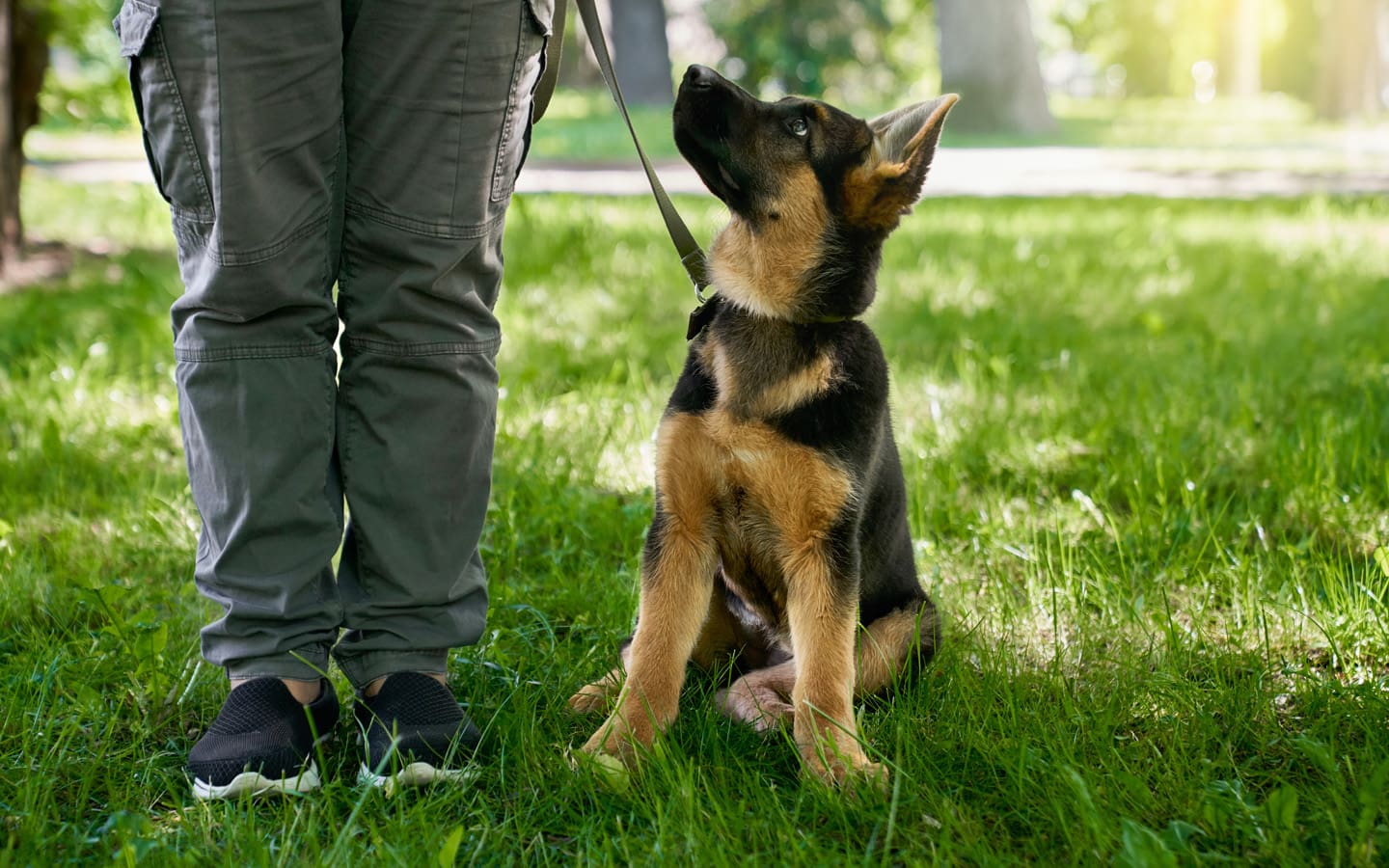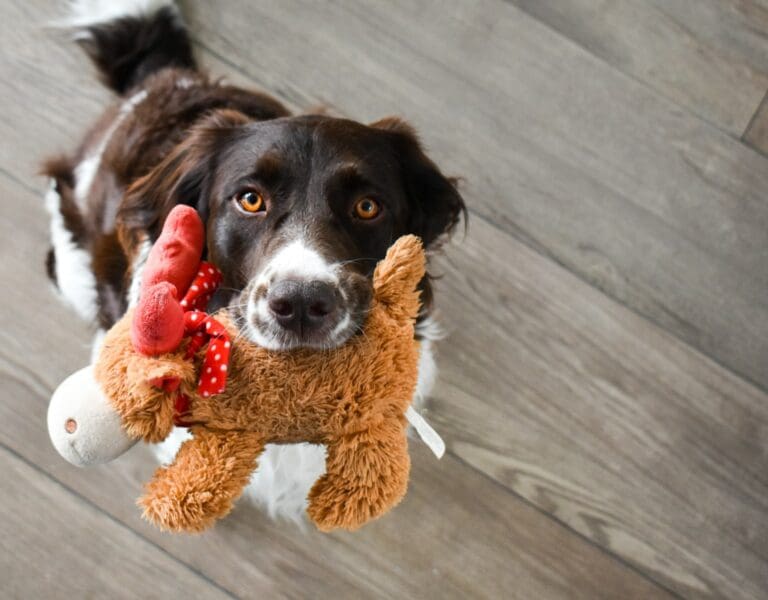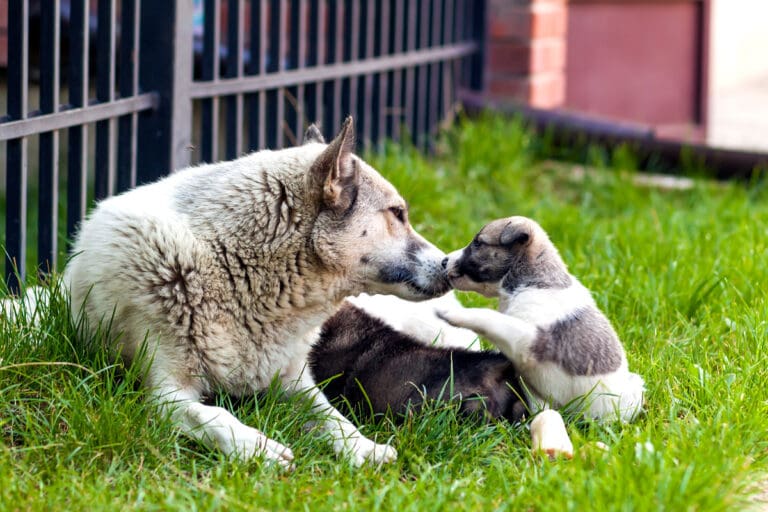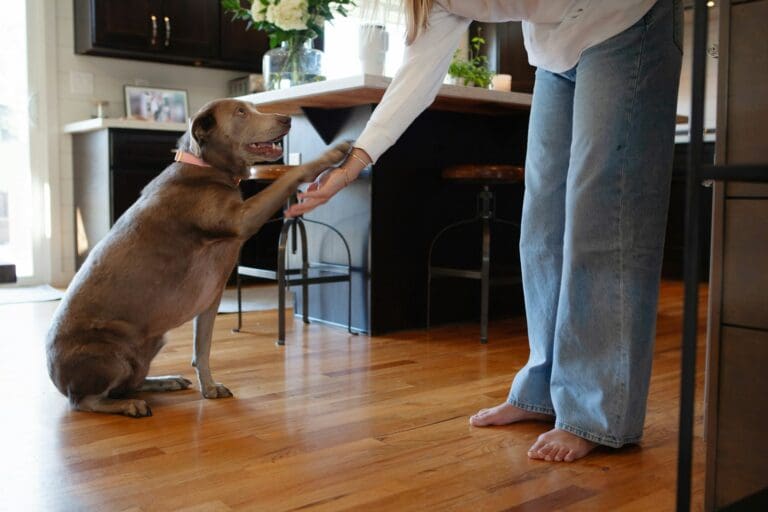When it comes to training and raising a well-behaved dog, many common practices may not be as effective as they seem. Despite good intentions, certain missteps can lead to confusion and undesirable behaviors in our furry companions.
In this article, we explore ten dog training mistakes that can hinder your pet’s development and well-being, offering insights on how to avoid them for a more harmonious relationship with your canine friend.
10. Ignoring Bad Behavior Reinforces It

Contrary to popular advice, ignoring bad behavior often backfires. When you ignore jumping, barking, or begging, your dog may escalate these behaviors to get attention. Instead, redirect unwanted actions to appropriate alternatives and consistently reward good behavior. This teaches your dog what you want, rather than leaving them frustrated and confused.
9. Inconsistent Commands Create Confusion
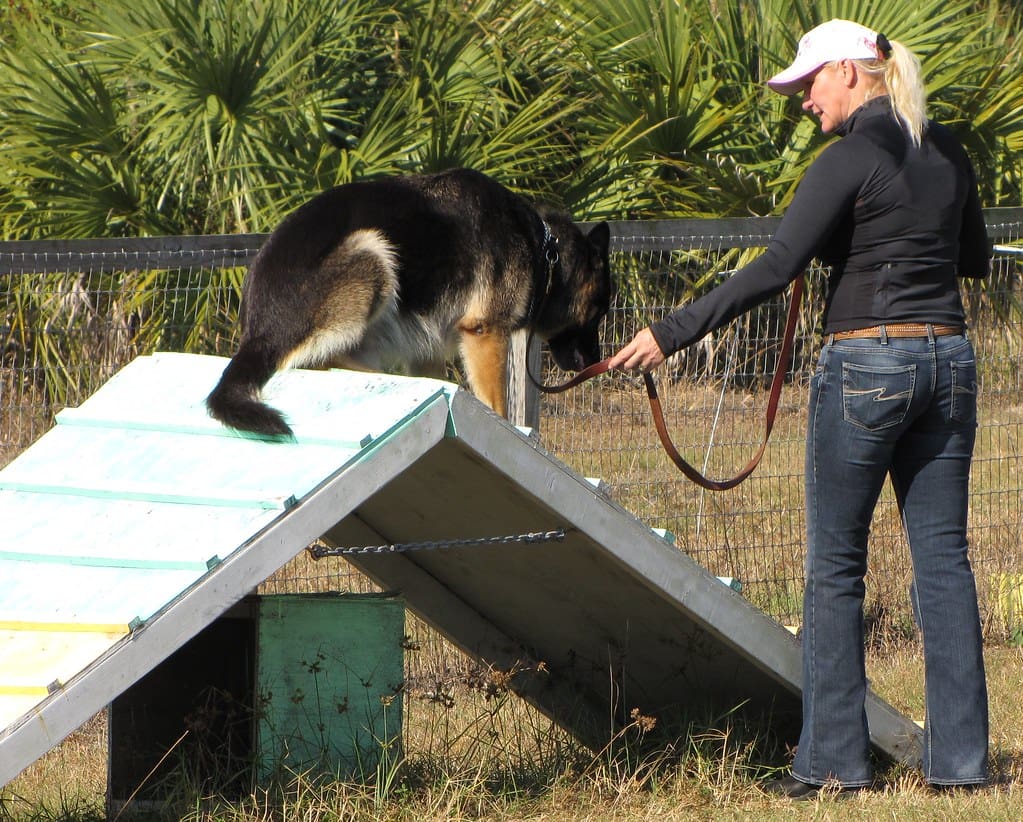
Using different words for the same command, like “down” and “lie down,” confuses your dog and hinders learning. Inconsistent cues from family members can lead to anxiety and reduced confidence in your pet. Stick to one clear command for each desired behavior to ensure effective training and a stronger bond with your furry friend.
8. Overusing Treats Leads to Dependency

While treats are effective for training, excessive use can create a dependency. Dogs may only respond to commands when treats are present, making it challenging to maintain good behavior without rewards. Gradually reduce treat frequency and replace with praise or toys to maintain obedience without relying solely on food incentives.
7. Repeating Commands Teaches Delayed Response
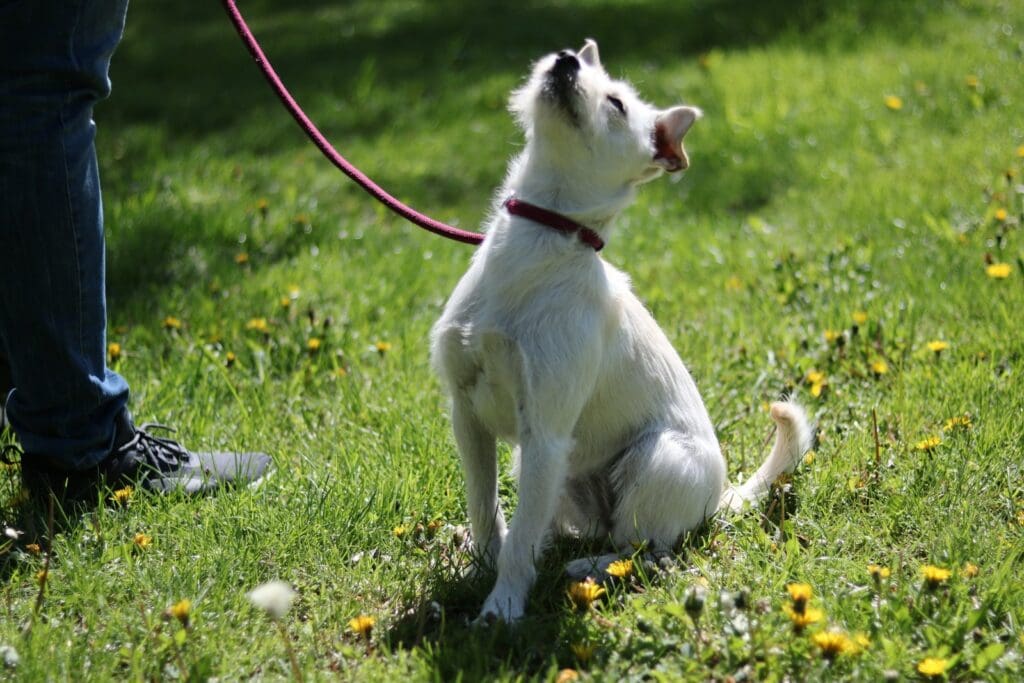
Constantly repeating commands like “sit” or “come” inadvertently trains your dog to respond only after multiple cues. This delayed obedience can be dangerous in urgent situations. Instead, give the command once and wait for compliance, reinforcing quick responses. Consistency in training helps your dog understand that the first command is the only one that matters.
6. Punishing Fear Amplifies Anxiety

Scolding or punishing your dog for fearful reactions can inadvertently reinforce their anxiety. Instead of helping, this approach teaches dogs to suppress visible signs of fear without addressing the underlying emotion. Focus on positive reinforcement and gradual desensitization to help your dog build confidence in scary situations.
5. Allowing Jumping Encourages Future Problems
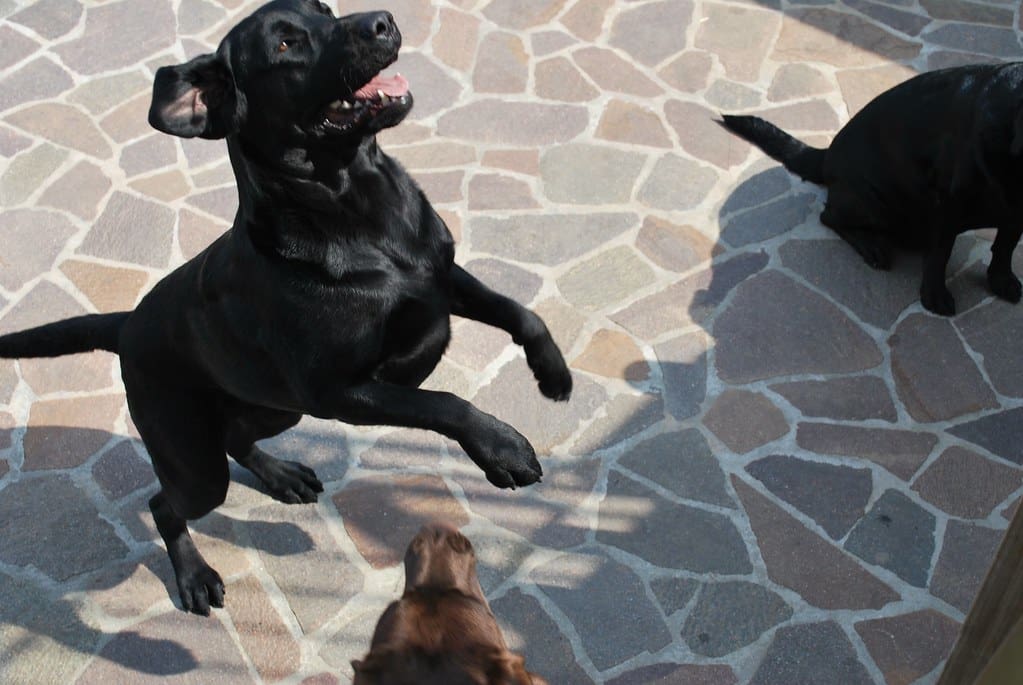
Permitting your puppy to jump on people may seem cute, but it reinforces problematic behavior. As dogs grow, jumping can become dangerous, especially with children or elderly individuals. Instead of ignoring or pushing away, teach your dog to greet people calmly with all four paws on the ground. Consistency is key to preventing future issues.
4. Inconsistent Boundaries Foster Disobedience
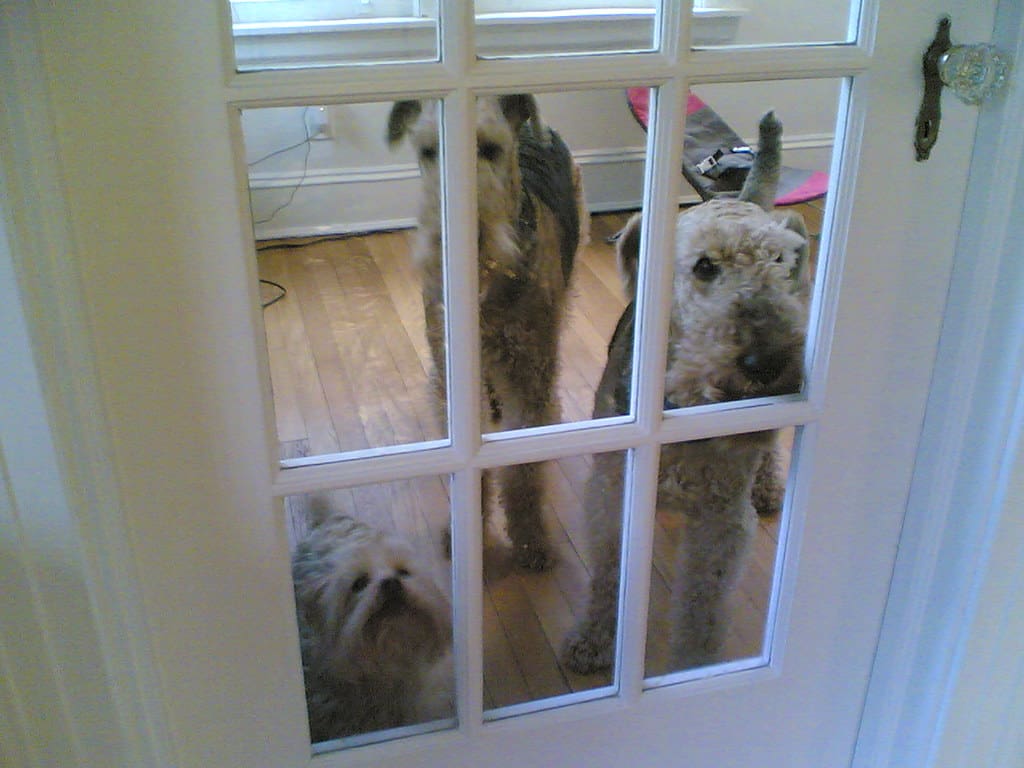
Inconsistent rules and boundaries confuse dogs, leading to disobedience. When you allow jumping sometimes but scold it other times, your dog doesn’t understand what’s expected. This inconsistency can result in behavioral issues and a strained relationship. Establish clear, consistent boundaries to foster a well-behaved companion.
3. Rewarding Attention-Seeking Behavior Perpetuates It
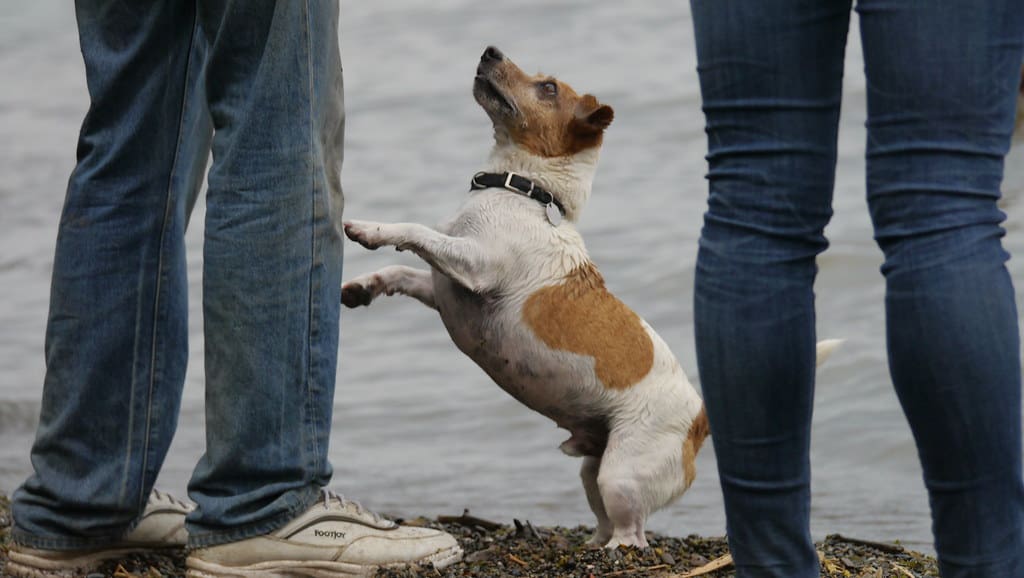
Responding to your dog’s barking, pawing, or jumping reinforces these behaviors, making them more likely to recur. Instead of giving attention when your dog acts out, reward calm behavior. Ignore unwanted actions and redirect your pet to appropriate activities. This teaches your dog that polite behavior, not pestering, earns your attention.
Related: 10 Dog Training Mistakes You Can’t Afford to Make
2. Skipping Socialization Creates Fearful Dogs
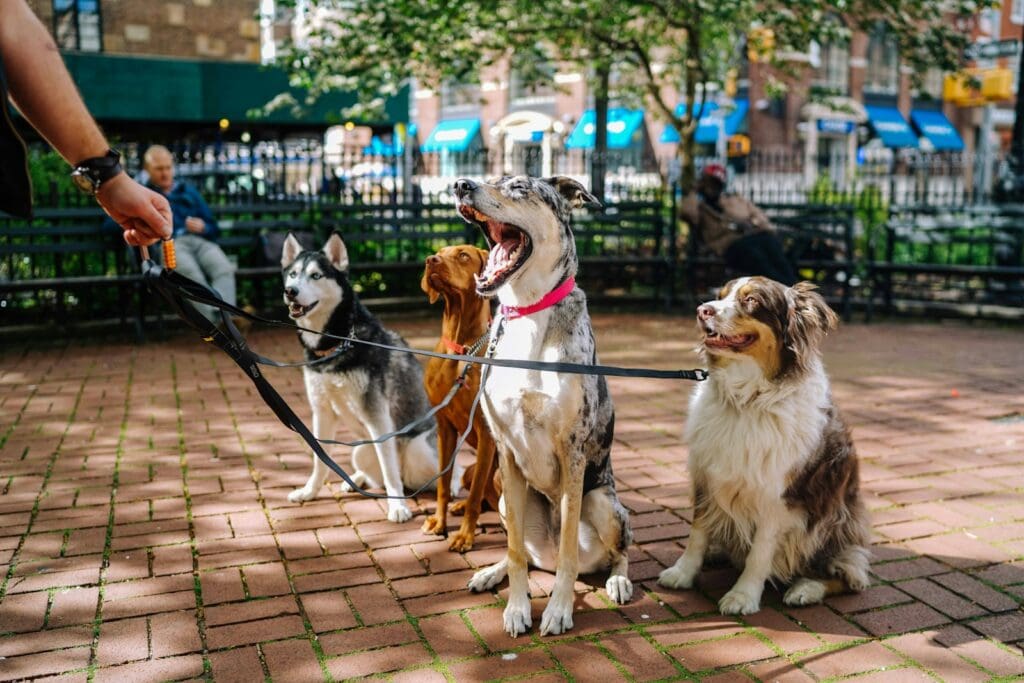
Neglecting early socialization can lead to a fearful, anxious dog. Puppies need positive exposure to various people, animals, and environments during their critical developmental period (3-14 weeks). Without proper socialization, dogs may develop behavioral issues like aggression or reactivity. Ensure your puppy has diverse, positive experiences to build confidence and adaptability for a well-adjusted adult life.
Related: New Puppy Housetraining Tips
1. Neglecting Exercise Leads to Destructive Habits

Insufficient exercise can inadvertently teach your dog destructive behaviors. When dogs lack physical activity, they often channel their pent-up energy into chewing furniture, digging, or excessive barking. Regular walks, playtime, and mental stimulation are crucial to prevent these unwanted habits and maintain your dog’s overall well-being.
Related: The Rule of Sevens in Puppy Training

